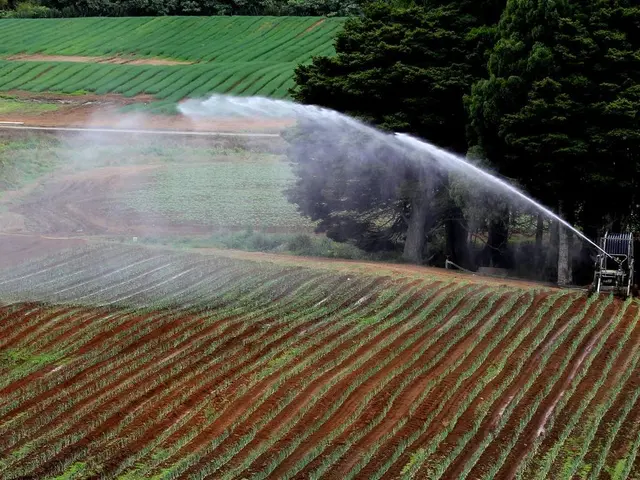Terrarium Enhancement: Is Activated Charcoal Essential?
In the world of terrarium gardening, activated charcoal has become a popular and widely recommended addition. This porous form of charcoal, treated at high temperatures to enhance its impurity-binding properties, is valued for its powerful filtration and purification capabilities.
The primary use of activated charcoal in terrariums is for its impressive filtration properties. A complete layer at the bottom of a terrarium can help "clean" water, absorbing contaminants, plant pathogens, heavy metals, and toxic substances. This makes it an effective tool for maintaining a healthy and safe environment for plants.
Activated charcoal's effectiveness in terrariums is due to its increased porosity, which allows it to bind impurities more efficiently. Studies suggest that its binding capacities can be increased up to 10 times, making it a valuable component in sealed terrarium systems for long periods.
In terms of safety, activated charcoal is inert and non-toxic to plants and microorganisms in the terrarium. There are no known risks associated with its use, unlike in human ingestion, where it can interfere with medication absorption.
When it comes to maintenance, over very long periods (years), the charcoal layer may become saturated and lose effectiveness. However, replacement is rarely needed in typical terrarium setups unless issues with odor or mold recur.
Activated charcoal is available in various sizes and granularities, suitable for creating a full layer or mixing with terrarium substrate. It's essential to note that BBQ charcoal briquettes are not suitable for terrariums as they can contain additives or contaminants that are not suitable for addition to the soil.
In an open air terrarium, activated charcoal may not be necessary for gas and odor trapping as gases can escape into the atmosphere. However, in sealed terrariums, its role in maintaining a healthy and stable environment for plants is crucial.
In conclusion, activated charcoal is both effective and safe for long-term use in sealed terrarium systems, supporting a healthy, stable environment for your plants. Its primary purpose is to help filter toxins, odors, and excess moisture, thereby supporting plant health and preventing the buildup of harmful substances within the enclosed environment. It's down to personal choice and trial and error whether to use charcoal in a terrarium, as there's no real downside to having it.
Activated charcoal's benefits extend beyond terrarium gardening, as it is also a popular addition in other areas of lifestyle. For instance, in the realm of fashion-and-beauty, activated charcoal is often incorporated into skin care products due to its ability to absorb impurities and draw out toxins from pores.
Moreover, in the home-and-garden segment, activated charcoal is useful for filtering water in fish tanks, similar to its purpose in terrariums, and can even be implemented in air purifiers for better technology-driven home solutions. Additionally, in the realm of general-news, there are ongoing discussions about using activated charcoal to help combat pollutants in urban environments, reflecting its versatile properties and potential uses.




